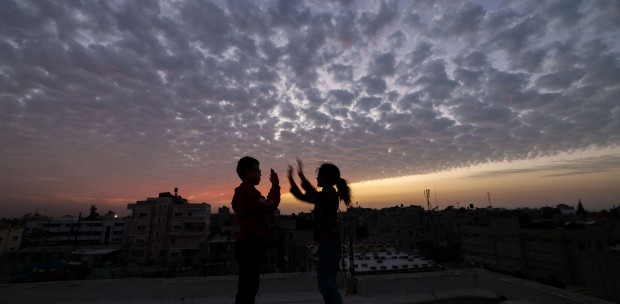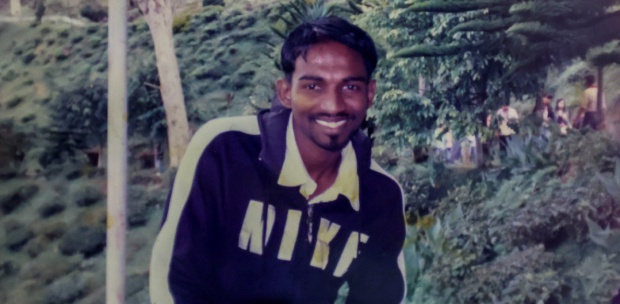CAREGIVING has become quite common now with the changing needs of those we love. We're more hands on and involved. It's not as easy now to employ domestic help, who can double up as a caregiver while helping with household chores.
Many of us are caught in the "Sandwich Generation", which is caring for our ailing elderly loved ones as well as our children, some of whom may require special care because they're physically or mentally challenged, or both.
Because we've had that experience, our growing-up children will have the exposure and learn at an early age what being a caregiver entails. Meanwhile, we as caregivers, may have directly or indirectly imparted certain knowledge and details of this situation too.
For example, our children may have seen how we struggled to juggle and balance between the duties of a caregiver and a full-time day job. Some may have witnessed the devastation that the death of a loved one brings. For example, no more immediate funds, no future security and even eviction by relatives of the deceased's estate.
As such, it's not surprising that those left behind would make mental notes and even take immediate action so that such desolation will not happen again to their loved ones.
PREPARING FOR THE FUTURE
There are quite a few things you can do to prepare for the future. Buying insurance is one. Writing a will is another. It's also good to leave written instructions as to what you like to be done.
Write down everything that has your name anywhere. This isn't just for the obvious ones like your house, car, loans and other possessions, which may or may not be with financial institutions. There are also your social media accounts and memberships in clubs and anything you've collected points with, like your shopping cards etc.
I know you're not supposed to write down your passwords anywhere for security reasons. But if you can't remember them, or you've become incapacitated, then the security of the account and your beneficiaries' future are at stake too.
Just keep this precious information in a safe place that only you (and maybe a trusted other) can know and remember, and be easily accessed when the time comes.
While you are busy doing all this for the loved ones that you'd be leaving behind one day, you must also reflect on what you like for yourselves. The day will come when your children will care for you the way you care for your aged and ailing parents.
How would you like to be cared for? If you are bedridden but still possess a sharp mind and memory, how would you like to be "handled", for a lack of a better word? How have you trained your children to handle stress and that you're now the "stress factor"?
Perhaps you have gone for a surgery that needs months of care and can't be left alone? Maybe you've had a stroke and now can't do housework, or even cook and clean your house like you used to.
You were once the driving force of the family that kept everyone together — your significant other, your children and basically everyone living under your roof. And now you've become the care receiver. What do you do?
NEEDS AND SENSITIVITIES
Would you give up the lifestyle you're used to and things that once made you happy just because you don't want to trouble your children? I've seen some wonderful families whose children band together to get their ailing parents up and well again.
Sometimes they recover with vigour; sometimes they become a shadow of their former sparkling self. There are also some children who become overprotective to the point of being stiflingly restrictive.
They don't allow their ailing parents to receive visitors because don't want them to be seen as less than what they were. They do it in the name of preserving their parents' dignity.
There are many rationales and reasons why children who now take charge, do so with great enthusiasm. I've been there too when I took care of my parents when their health and abilities declined.
What I learnt along the way is the need to consider my parents' needs and sensitivities. There's their pride and "face" to take into account too. They knew they were losing their independence. They were aware of the fact that they'd become quite dependent on people around them, and they hated being "troublesome" to the loved ones caring for them.
We, as caregivers of elderly loved ones, must remember to mind our tone, not to bully them into submission or do things they won't usually do. Nothing is more painful than to see them resign to their fate and sigh with hopelessness in their eyes as they give in.
What we need to do is try to give them as much joy and laughter in their final years. After all, they've already given us so much when we were growing up.
(The views expressed in this article are the writer's own.)
Putri Juneita Johari volunteers for the Special Community Society of Ampang. She can be reached at [email protected].





